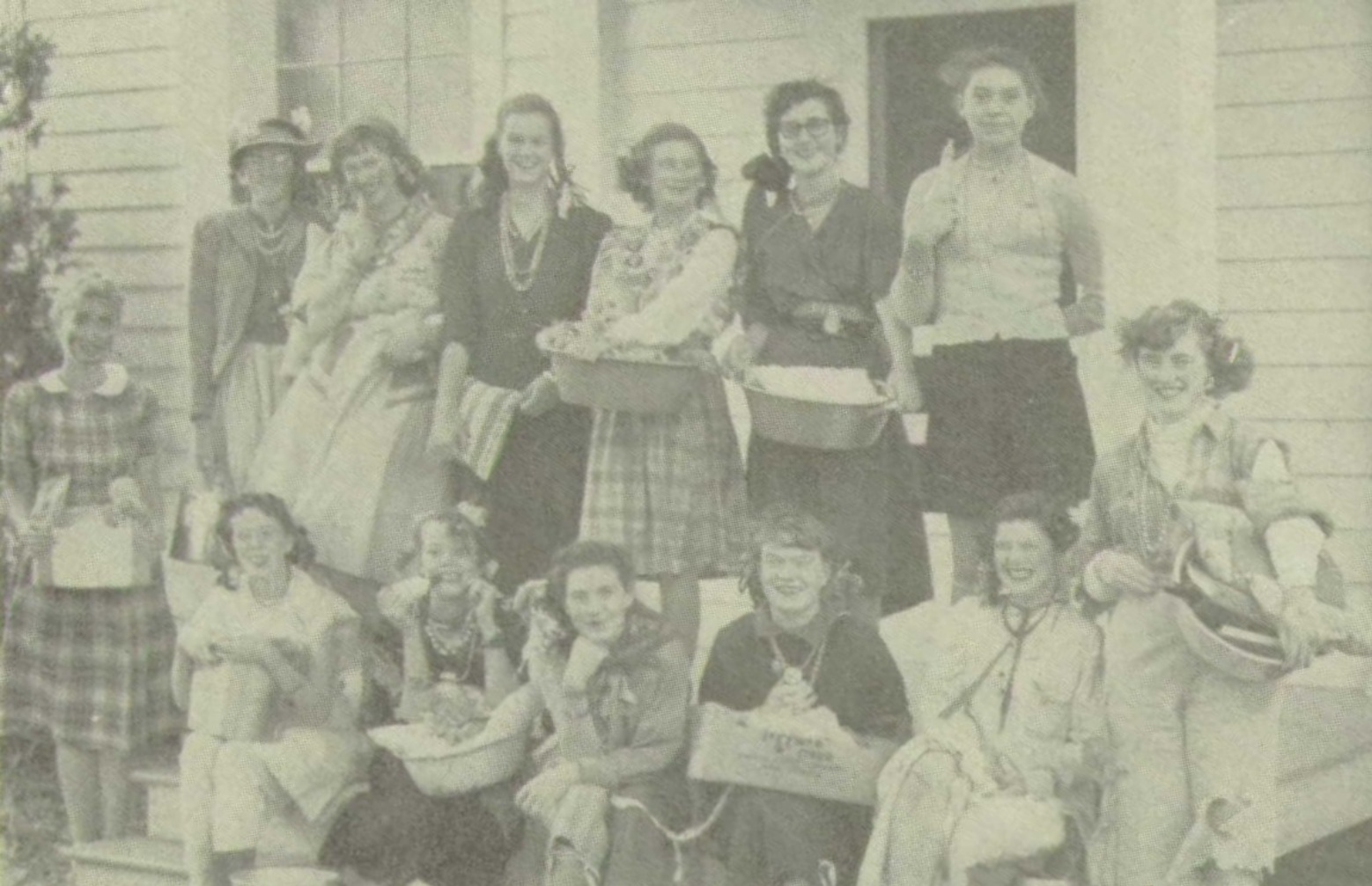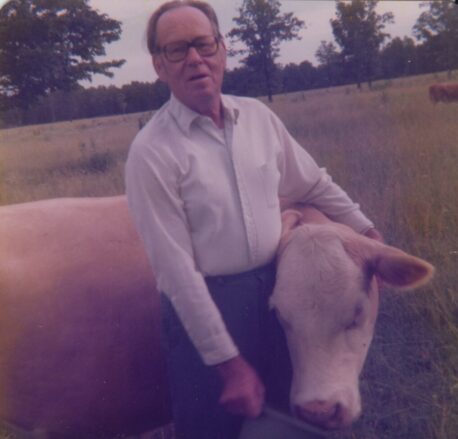The Gap
Understanding the reality of The Gap will change the way you view life. In the following chapters, we will illustrate The Gap with different scenarios. I promise that by understanding and adjusting The Gap, you will experience more gratitude and a greater love for life. But first, let’s define what The Gap really is.
Defining The Gap
Simply put, The Gap is “the space between our expectations and reality.”
Unmet expectations often lead to frustration, bitterness, and anxiety. While some expectations are reasonable—like honesty in relationships or fair treatment at work—many of our daily disappointments stem from expectations that don’t align with reality. If you find yourself constantly frustrated with life, people, or circumstances, it may be time to examine whether your expectations are realistic.
I recently heard Dave Ramsey say, “The secret to happiness is low expectations.” That might sound cynical at first, but it holds deep truth. Even in situations where we could argue that expectations should be higher, we actually create joy (gravy) by adjusting our expectations.
For example, if you wake up expecting a perfect, problem-free day, even minor inconveniences will ruin it. But if you wake up thanking God for His promise to be with you through any hardship, your expectations shift. Instead of frustration, you find strength. Instead of disappointment, you find gratitude. This shift creates lasting joy and peace in your life.


Matthew 6:28-34
28 And why are you anxious about clothing? Consider the lilies of the field, how they grow: they neither toil nor spin, 29 yet I tell you, even Solomon in all his glory was not arrayed like one of these. 30 But if God so clothes the grass of the field, which today is alive and tomorrow is thrown into the oven, will he not much more clothe you, O you of little faith? 31 Therefore do not be anxious, saying, ‘What shall we eat?’ or ‘What shall we drink?’ or ‘What shall we wear?’ 32 For the Gentiles seek after all these things, and your heavenly Father knows that you need them all. 33 But seek first the kingdom of God and his righteousness, and all these things will be added to you.
34 “Therefore do not be anxious about tomorrow, for tomorrow will be anxious for itself. Sufficient for the day is its own trouble.
What Does the Bible Say About The Gap?
1 Timothy 6:6-12 says:
6 Now godliness with contentment is great gain. 7 For we brought nothing into this world, and it is certain we can carry nothing out. 8 And having food and clothing, with these we shall be content. 9 But those who desire to be rich fall into temptation and a snare, and into many foolish and harmful lusts which drown men in destruction and perdition. 10 For the love of money is a root of all kinds of evil, for which some have strayed from the faith in their greediness, and pierced themselves through with many sorrows.
This passage reminds us that contentment—paired with godliness—is the key to a fulfilling life. We entered this world with nothing and will leave with nothing. Yet, many people fall into the trap of expecting more and more, setting themselves up for disappointment.
The love of money, status, or possessions misplaces our priorities. Instead, Matthew 6:28-34 teaches us to trust God rather than stress over material needs. When we shift our focus from what we lack to what God provides, we close The Gap and experience true peace.
Gravy vs. Expectations
I once heard Steve Harvey joke, “In the South, they think gravy is a beverage.” That reminded me of my Grandma, who grew up in rural Virginia and ate pancakes with gravy for breakfast every morning.
Here she is pictured third from the right in the bottom row (Left)
When reminiscing with my dad and his older brother, they recalled their childhood visits to their grandma’s house. Uncle Jim remembered how they didn’t like gravy on their pancakes because they expected syrup. In reality, gravy on pancakes is an extravagant, delicious meal—but their expectations kept them from enjoying it.
How often do we do the same thing in life? We focus so much on what we think we should have that we fail to appreciate the blessings in front of us.
Closing The Gap
Now that we’ve defined The Gap, what can we do about it?
The first step is shifting our perspective—recognizing that everything beyond our basic needs is gravy (a blessing). It’s not that extra things aren’t good, but when we come to expect them, we start feeling entitled to them. That entitlement robs us of the joy they bring.
Here’s how to close The Gap:
- Lower unrealistic expectations – Embrace life as it is, not as we demand it to be.
- Cultivate gratitude – Instead of focusing on what’s missing, recognize and appreciate what you have.
- Trust God’s provision – He knows what you need, and His timing is always perfect.
Many times in my life, I have wished for a bigger house, better opportunities, or certain provisions that didn’t come. But over time, I have realized that God provides exactly what I need, even if it’s different from what I expected.
Final Reflection
Contentment is the key to joy. Trusting God’s timing eliminates frustration and brings peace.
Take a moment now to reflect:
- Where in your life do you feel unsatisfied?
- What expectation is causing that frustration?
- Is this expectation realistic or necessary?
To close The Gap, you have two tools: adjust your expectations or change your reality. Where in your life do you need to close The Gap?

